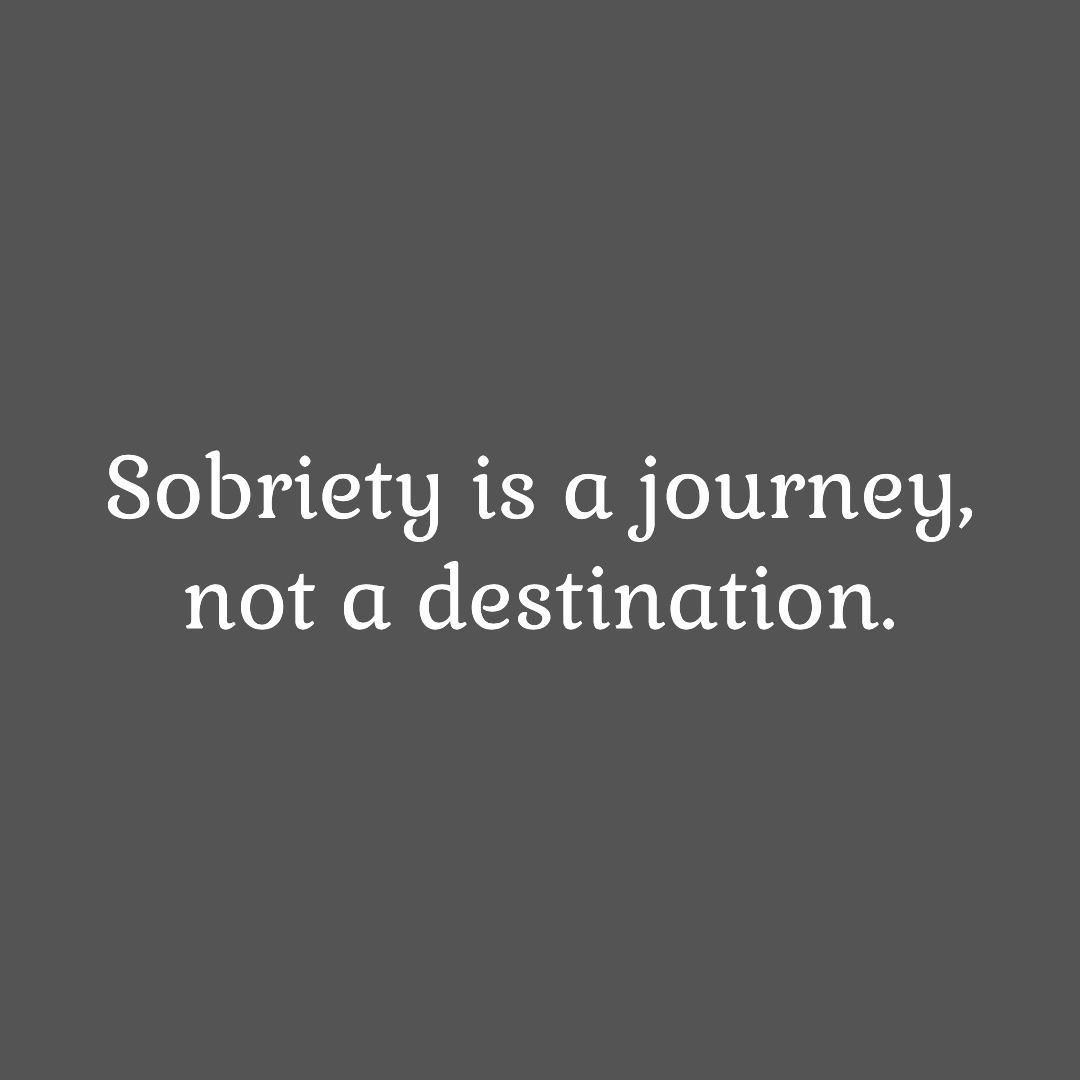What Alcoholism Is
Alcoholism is the term used to describe drinking that gets in the way of your daily life and personal relationships—it’s a “big-time problem.” Someone who is severely addicted to alcohol (which can cause life-threatening liver damage) may continue to drink even when it’s harmful to them or those around them. Someone with mild alcoholism may find it difficult to completely give up alcohol—they may have to struggle for years to maintain sobriety. It’s important to understand that alcohol addiction and alcoholism are different. Alcoholism is a long-term, chronic medical condition that affects brain chemistry. It doesn’t take the same form for everyone, but anyone can be affected by it to some degree.
How to Quit Drinking
What it takes to get sober Before you go any further, here are some important factors you should consider before you even think of getting sober. If you’re seriously considering giving up alcohol, don’t wait to take action—be ready and willing to make changes right away. For example, consider whether you’re ready to give up certain activities that can also contribute to your drinking—like work-related parties, socializing, and drinking with others. Or if you feel you’ve had a problem with your drinking for a long time, it might be wise to seek help from a professional therapist or addiction counselor. These programs will help you determine what you need to work on and suggest realistic ways to make changes.
Tips for Staying Clean and Sober
Choosing to quit drinking isn’t easy, and it takes time, but if you stick with it, it will get easier. At first, you may need to avoid situations that give you temptation. For example, try spending time with only your friends and family members for a while. Although this may feel awkward at first, as time goes on, it will become easier. And the more time you spend in your recovery, the more you will start to feel like your old self. Although your life is likely going to be much different from what you’re used to, staying clean and sober is manageable. If you use these tips, you’ll be on your way to living your best life. There’s a reason you are struggling with an addiction, and it’s not because you’re weak.
Stay Active
Physical activity is important when recovering from addiction, especially if you want to cut back or stop drinking. It helps you burn calories and get healthier while you’re recovering. Plus, exercise will help you sleep better and build a new positive habit. Try to increase your activity level after you begin your recovery. Your body may need physical activity to rebuild muscle strength, which is depleted when you’re drunk or hungover. Get Help It’s always a good idea to ask for help when you’re dealing with a life-changing challenge. Whether it’s quitting drinking or recovering from a bad breakup, you’re going to need a good support system around you. Find a friend or family member you can talk to who can support your decisions, both good and bad.
Avoid Triggers
It’s common to have triggers for when you want to drink. Your work stress can be one trigger. Waking up in the morning can be another. Meeting a new person—especially someone you don’t know very well or at a party or at a social gathering—can be another. And it’s easy to have triggers for other emotions, like anger and sadness. These triggers can all trigger you to want to drink, so being aware of them can be very helpful. Find Purpose Once you know your triggers and choose to spend less time around these triggers, you can focus on creating a life purpose that can replace the fun, excitement, and fun that drinking brought you. You can use your new life purpose to hold you accountable for your decisions and make you accountable for your actions.
Build A Support Network
Now that you’ve made the decision to get sober, it’s time to get started. Getting sober is not a quick process; it will take time and energy to work through your problems and find your balance in life. That’s why you need a support system that can provide you with the support you need when you’re in the middle of a challenging situation. Support systems include but are not limited to: Alcoholics Anonymous—A 12-step program designed to assist an alcoholic to the point of recovery and sobriety.
Stick With It
It’s important to remember that it’s not your fault if you have an addiction to alcohol. If you feel like you’re the only one struggling, it’s OK to feel that way. But while many people do experience a sense of hopelessness, it’s also a misconception that you’re doomed to continue drinking because you can’t stop. While there are some people who believe it’s the length of time you’ve been sober that’s important, don’t forget that your recovery doesn’t end when you get sober—you can continue to rebuild your life long after that. The right tools and mindset are what help you stay sober and focused on recovery. Keep these tips in mind, and you can use them to help you get sober and help you stay sober. Always remember, sobriety is a journey not a destination.
